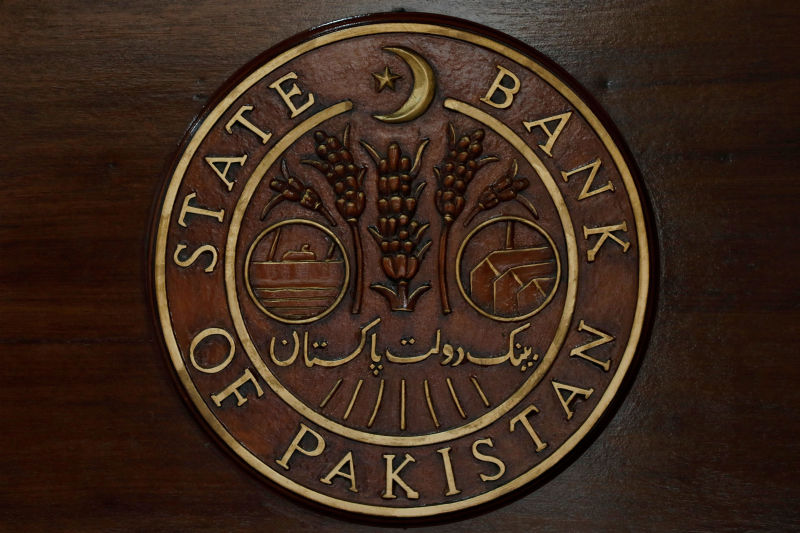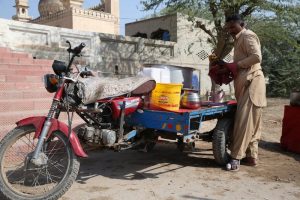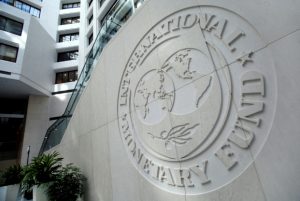Some $2.3 billion in funding promised by a China-based group has been delivered to Pakistan as the country seeks to stabilise its fast-depleting foreign reserves, finance minister Miftah Ismail said.
Pakistan is still working to secure further assistance from the International Monetary Fund to ease a dire financial crisis.
Pakistan central bank foreign exchange reserves fell to as little as $8.2 billion, and the Pakistani rupee has hit a record low against the US dollar.
ALSO IN AF: Pakistan Signs $2.3bn Loan Agreement With China
“I’m pleased to announce that Chinese consortium loan of roughly $2.3 billion has been credited into State Bank of Pakistan account today, increasing our foreign exchange reserves,” minister Ismail said in a tweet.
Pakistan entered a 39-month IMF program in 2019, but less than half the $6 billion committed has been disbursed, as Islamabad struggles to meet IMF fiscal requirements.
In a move designed to do that, the government announced it would impose a one-year, 10% tax on large-scale industry, a move that will raise over 400 billion Pakistani rupees ($1.93 billion) in additional revenue.
- Reuters, with editing by Neal McGrath
READ MORE:
Pakistan Seeks Urgent $6bn IMF Bailout as Economy Flounders
China Power Firms Warn Pakistan of Shutdown Over Debts
IFC Plan to Boost Pakistan’s Trade Finance Capability























